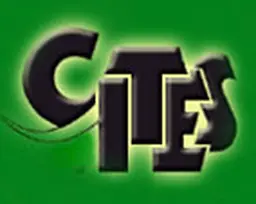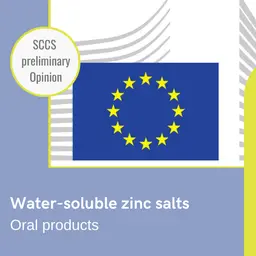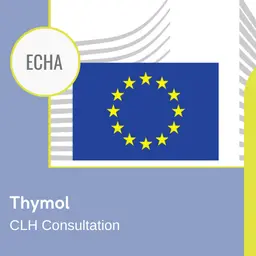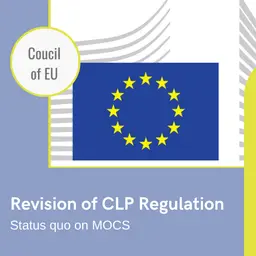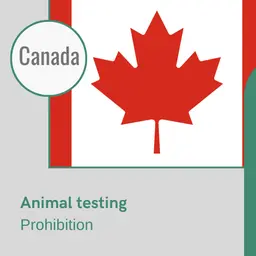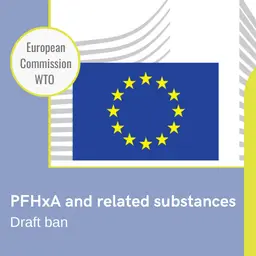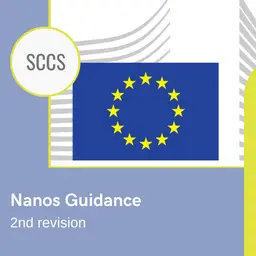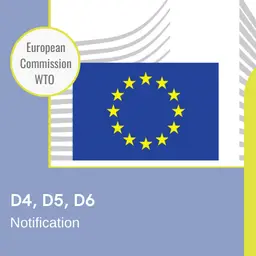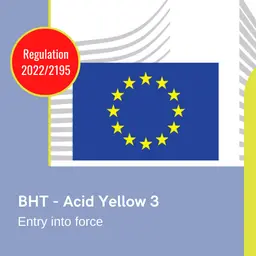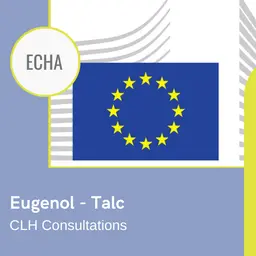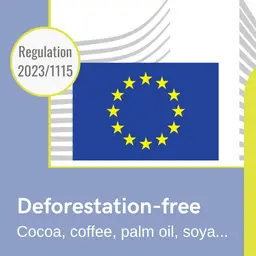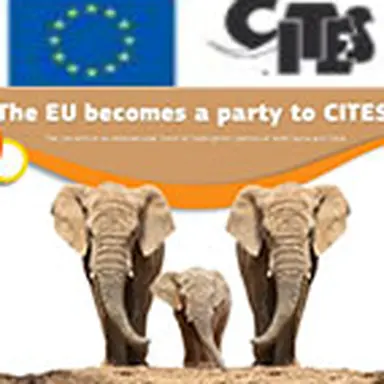
On July 8, the EU became the 181st party to join the Convention on the International Trade in Endangered Species (CITES). The Convention covers more than 35,000 animal species and plants, ensuring that trade remains legal and sustainable. In a communiqué the European Commission states that joining CITES will help in the preparation of its wildlife trafficking action plan.
European Commission press release
Further to a public consultation launched in 2014, the European Commission services have started the preparatory work for an EU Action Plan against wildlife trafficking, for which the EU accession to CITES constitutes an important milestone.
The aim of the Convention is to ensure that international trade in specimens of wild animals and plants does not threaten their survival. Wildlife trafficking has reached unprecedented levels in recent years, becoming an important source of financing for transnational organised crime and the fourth largest illegal business in the world, after drugs, weapons and human trafficking. Joining CITES makes the EU a stronger global actor. Now the priority is to strengthen the Convention and the fight against wildlife trafficking.
Karmenu Vella, European Commissioner for Environment, Fisheries and Maritime Affairs said: ’Drugs, weapons, human trafficking and wildlife trafficking use the same illegal networks. Joining the CITES Convention is a big step in the preparation of our action plan to step up the fight against wildlife trafficking. CITES is the best response the international community has in the fight against wildlife criminals and their illegal, unsustainable trade. It allows us to use the expertise gained in dismantling other illegal networks.’ …

